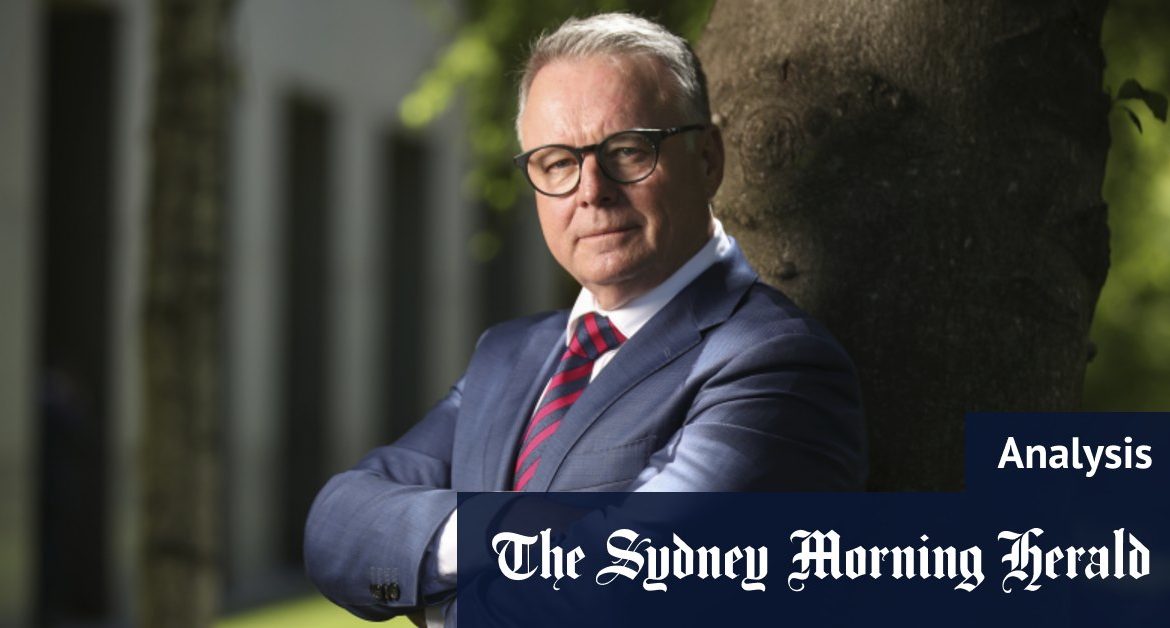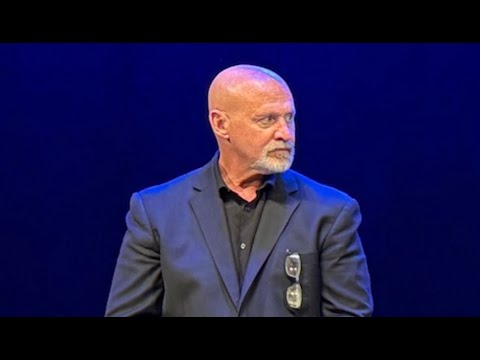“We need to get back to our working class base and send a clear message that we are on their side. I want to put labour back into the Labor Party.”
Loading
Fitzgibbon, who had inherited his NSW seat of Hunter from his dad Eric in 1996, was shaken to the core by a 14 per cent swing on primary vote against him in his coal mining home region.
A massive 21 per cent of his electorate has cast their ballot for One Nation and it had reduced a previous 12 per cent margin to just a couple of thousand votes. It was a wake up call.
The agriculture and resources spokesman vowed he would not again let Labor tie itself in knots over its blue collar base and threatened to contest a leadership ballot himself unless this was addressed.
He regrets he didn’t run.
“I don’t believe I would have won that contest, but I think a contest would have been good for the rank-and-file and the industrial wing of the party,” Fitzgibbon said.
“And it would have been an opportunity for me to develop a mandate for my determination to take the Labor Party back to its traditional roots.”
Joel Fitzgibbon became the most polarising figure within the ALP’s caucus.Credit:Alex Ellinghausen
In the 18 months since Fitzgibbon has become the most polarising figure within the ALP’s caucus.
When leader Anthony Albanese wiped the policy slate clean the 58-year-old used a megaphone to fill the void.
He courted non-Labor friendly media at every opportunity to point out that the party was the biggest loser from a decade of climate wars. And it was at the Sydney Institute, run by conservative political commentator Gerard Henderson, where Fitzgibbon started the fight that on Tuesday saw him walk out in anger.
“Labor needs to reach a sensible settlement on climate change,” Fitzgibbon told the audience in a speech which caught his colleagues and Albanese himself, off guard.
“How many times are we going to let it kill us? Indeed, how many leaders do we want to lose to it?”
Fitzgibbon’s offered a “political and policy settlement” for Labor to match the Morrison government’s plan to reduce emissions by 28 per cent by 2030.
Loading
The focus, he argued, would then be all about actual outcomes and the government would finally be held to account and forced to act.
But as much of the east coast of Australia began to catch fire in early December, Fitzgibbon’s former colleague, rock star environmentalist Peter Garrett tried to rally Labor’s green campaigners.
Speaking to Labor’s Environmental Action Network (LEAN), Garrett took direct aim at Fitzgibbon and “some in the CFMEU”, who he accused of deliberately undermining the party and not being “committed to the challenge” of reducing emissions.
Conservative commentators on Sky News Australia, in the pages of The Australian and on talkback radio praised Fitzgibbon but the inner-city greenies did not like it. They took to Twitter to label him a “dinosaur” or urged him to join the LNP. Labor MPs were bombarded by emails from noisy constituents, activist groups and LEAN – Labor’s own grassroots campaign – took every chance to make sure he was isolated.
Loading
Privately, some of his colleagues would tell journalists that Fitzgibbon was right, but was being clumsy. He failed to decouple blue-collar from Labor’s working-class vote and he was embracing coal instead of spruiking aspiration – the buzz word taken away from Morrison’s win last year.
But his advocacy was causing Albanese grief, particularly with his own Left faction. Much of the tension was with Mark Butler, who has long held carriage of Labor’s climate and energy policies.
Publicly the line would be that both were on the same page but their language differed. Privately they were savage of each other.
Emboldened by winning a new and foreign constituency, Fitzgibbon began dining with like-minded colleagues. It morphed into what became known as The Otis Group, a handful of Right-faction MPs who believe Labor had lost its blue-collar constituency and needed to win back.
When the group was outed on national television last year it sent the leader into a tailspin. Many of the Otis members begged for forgiveness and claimed they didn’t even know the group had a name or a purpose. They assured the leadership their presence was not sinister. But opponents of Albanese revelled in his anxiety over the situation.
Loading
When the Morrison government attempted, months later, to wedge the opposition on gas the same old divisions again emerged. Albanese would strike a peace deal by settling on a position closer to that of Fitzgibbon than Butler. But the damage had been done.
In a heated Victorian Right caucus meeting shadow attorney-general Mark Dreyfus would label Fitzgibbon the “idiot for Hunter” while others said they “just wished he’d shut up”. Fitzgibbon later told 2GB: “In my experience, if Mark Dreyfus is criticising you, you’re probably on the right track”.
On Sunday, while driving from Cessnock to Canberra, Fitzgibbon made several unsolicited calls to press gallery journalists and issued a warning to colleagues that he would denounce any attempts to use Joe Biden’s United States presidential election win as justification for more aggressive climate policies.
It was the final straw and tempers spilled over in Monday night’s shadow cabinet meeting when Albanese and several other colleagues clashed with Fitzgibbon. It was time to go and speak freely on the backbench.
“If you want to act on climate change, the first step is to become the government,” Fitzgibbon said.
“And to become the government, you need to have a climate change and energy policy that can be embraced by a majority of the Australian people.”
After 10 years of fighting on climate, what happens next is anyone’s guess.
Get our Morning & Evening Edition newsletters
Rob Harris is the National Affairs Editor for The Sydney Morning Herald and The Age, based at Parliament House in Canberra
Most Viewed in Politics
Loading







